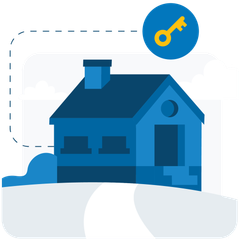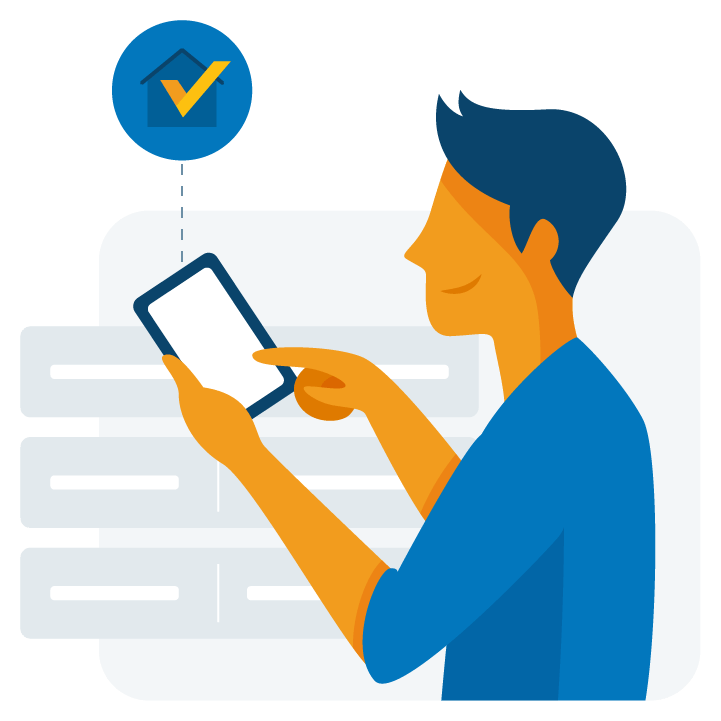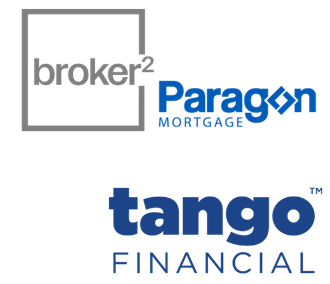Your Mortgage Made Simple
Awdie Mackenzie Mortgage Team
We help you navigate the path to homeownership. We understand that securing the right mortgage is a pivotal step in achieving your real estate goals.
Finding the best mortgage can be frustrating. It doesn't have to be when you follow our 3 step plan.
Get started right away
The best place to start is to connect with me directly. My commitment is to listen to your needs, assess your financial situation, provide professional mortgage advice, and
guide you through the mortgage process.
Get clarity
Sorting through all the different mortgage lenders, rates, terms, and features can be overwhelming.
Let me cut through the noise. I'll outline the best mortgage products available with your needs in mind.
Proceed with confidence
My goal is to make sure you know exactly where you stand at all times. From your initial application through your mortgage renewal, I'm available to answer any questions for as long as you need a mortgage.
I've got you covered.
Awdie Mackenzie
Your Trusted Mortgage Advisor
Awdie Mackenzie is your dedicated Mortgage Broker, passionate about guiding individuals on their path to homeownership. With a wealth of industry experience, Awdie specializes in personalized solutions, ensuring each client's unique financial goals are met. Known for transparency, competitive rates, and a client-centric approach, Awdie makes the mortgage process smooth and financially sound.
For a reliable ally in your homeownership journey, choose Awdie Mackenzie.
Get started by completing an online mortgage application.
I'll let you know exactly where you stand so you can proceed with confidence.
Let's run some numbers.
Start by telling us where you're at in your home buying journey.
Exciting times! Let's find out how much you'll be able to afford once you decide to buy.
Download My App
What you can do with my app
Calculate your total cost of owning a home
Estimate the minimum down payment you need
Calculate Land transfer taxes and the available rebates
Calculate the maximum loan you can borrow
Stress test your mortgage
Estimate your Closing costs
Compare your options side by side
Search for the best mortgage rates
Email Summary reports (PDF)
Use my app in English, French, Spanish, Hindi, and Chinese

Everything you need,
all in one place
As a trusted mortgage provider, let me help you with these services.
Click through any of the services to learn more
Mortgage articles to keep you informed.













